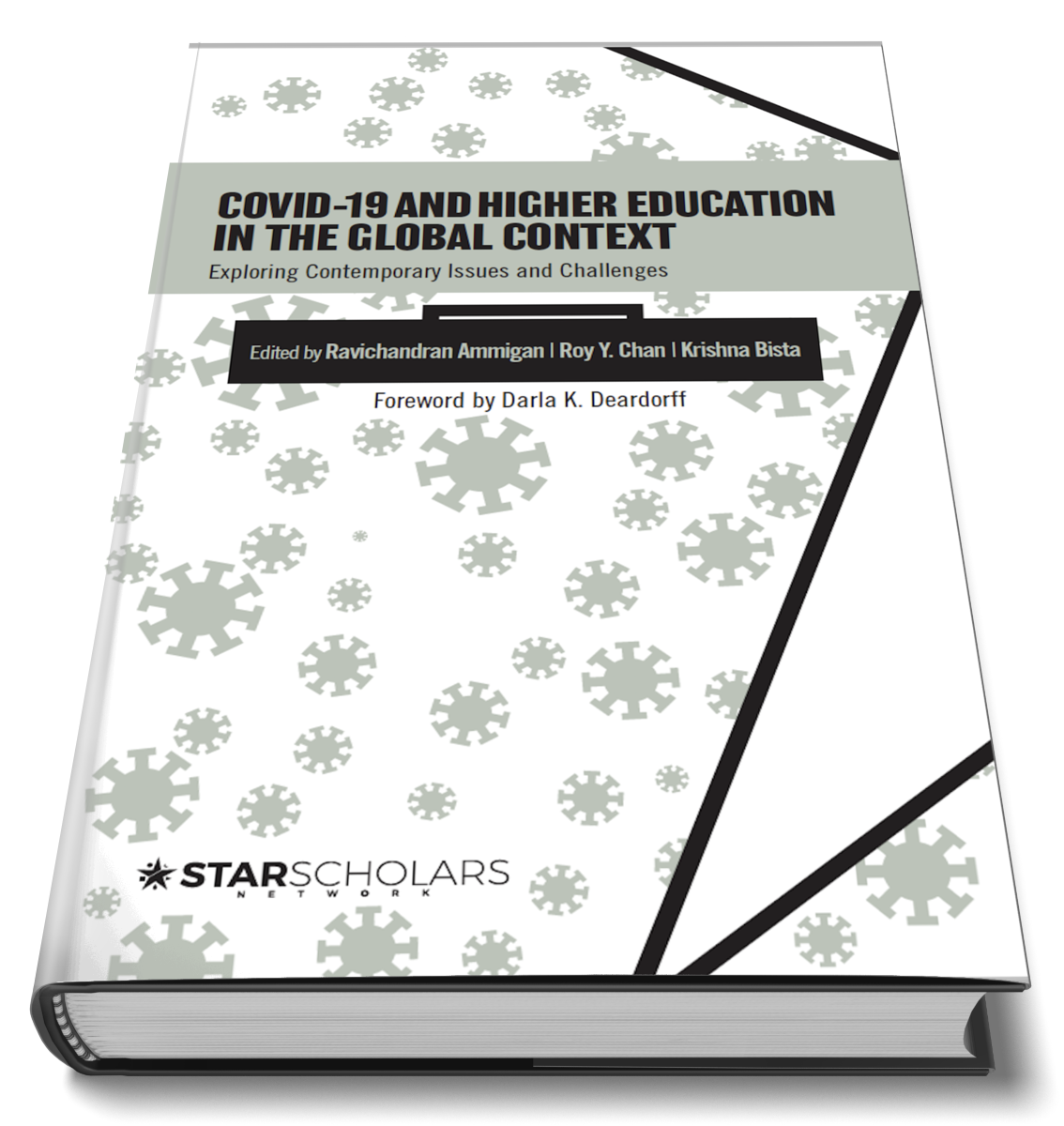Internationalizing Trauma-Informed Perspectives to Address Student Trauma in Post-Pandemic Tertiary Education
Abstract
The COVID-19 pandemic has been a time saturated with economic, health, and natural crises, resulting in immeasurable human suffering. Civil-political movements have erupted in the United States that exposed the world to a disheartening view of western injustice, violence, and death as human rights violations increased, seemingly unabated. US students also witnessed a world riddled with global crises. The impact of such potentially traumatic exposures on the future of college students’ mental health and academic wellness clearly points to a need for college and university systems to reimagine more trauma-informed organizational structures. A trauma-informed human rights perspective could make significant contributions to post-secondary education systems to maximize mental health and academic benefits for present and future college students—a generation of student pandemic survivors predicted to experience pandemic-era psychosocial repercussions impacting their education for years to come.
How to cite this chapter:
Anzaldúa, J. M. (2022). Internationalizing trauma-informed perspectives to address student trauma in post-pandemic higher education. In R. Ammigan, R. Y. Chan, & K. Bista, (eds), COVID-19 and higher education in the global context: Exploring contemporary issues and challenges (pp. 154-171). STAR Scholars. https://starscholars.org/product/covid-19-and-higed/

